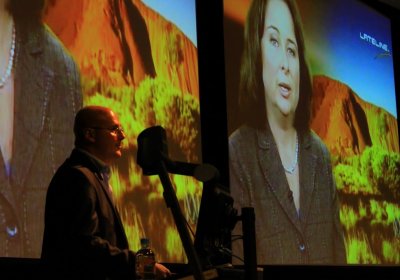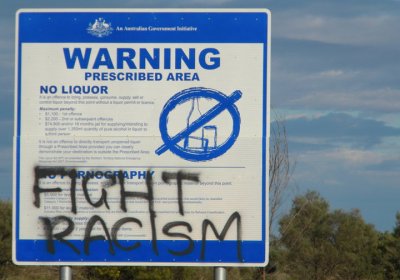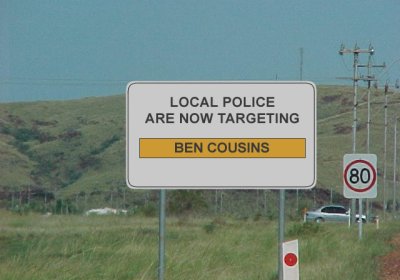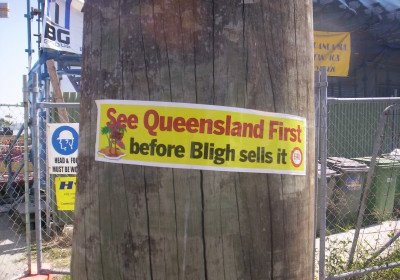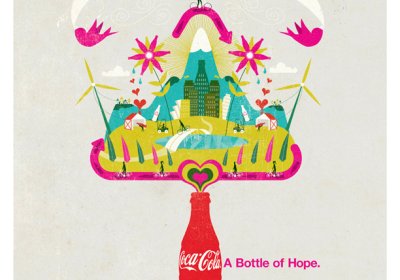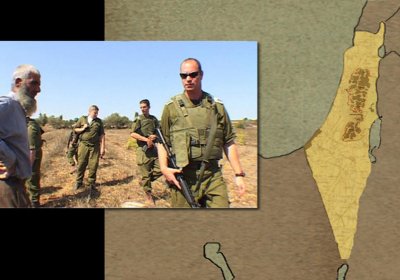851
In the lead-up to the 2004 federal election, legislation was passed against marriage rights for lesbian, gay, bisexual, transgender and intersex (LGBTI) people. The 2004 marriage ban became the catalyst for the development of a powerful protest movement. This movement has won a series of important victories. These include the repeal of 85 pieces of federal legislation discriminating against same-sex couples, but not the repeal of the discriminatory marriage ban. Recognition of civil unions has been won in the ACT, after a five-year struggle.
The United Nations Committee on the Elimination of Racial Discrimination (CERD) slammed the policies of the Northern Territory intervention in a report released on August 27.
- Previous page
- Page 3
- Next page

